Trending
Free Mahmoud Khalil: A Voice Silenced or a Movement Awakened?
In the unfolding saga of campus unrest and geopolitical echo chambers, the name Mahmoud Khalil has emerged as a symbol of resistance, injustice, and the delicate balance between liberty and national security. With the rallying cry “Free Mahmoud Khalil” now etched across social platforms and protest signs alike, his story has transcended university walls, becoming a touchstone for a generation unwilling to stand silent.
A Scholar’s Journey from Refugee to Ivy League
Born into the dust and displacement of a Palestinian refugee camp in Syria, Mahmoud Khalil’s life has always been shaped by exile. Twice displaced—first by the violence of the Syrian civil war, then again by geopolitical instability—he is no stranger to statelessness. Despite unimaginable odds, Khalil taught himself English, earned a degree in computer science, and later pursued graduate studies in New York City.
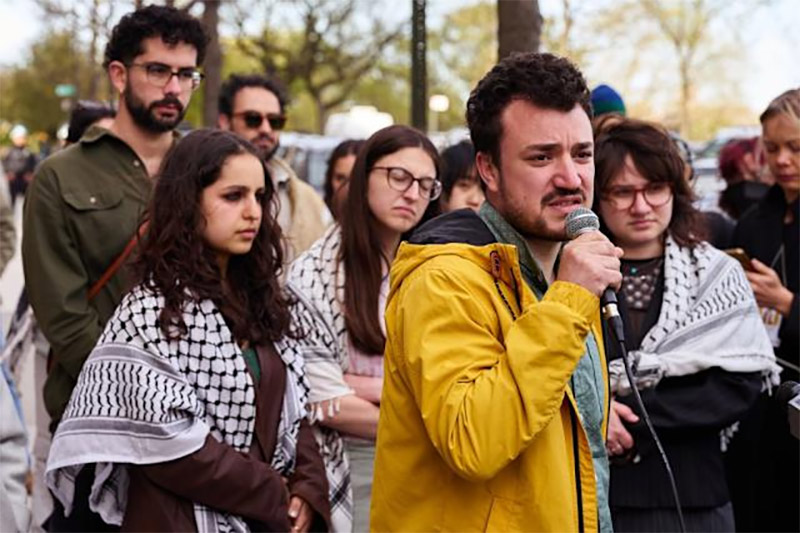
At Columbia University, he became a respected voice in the Columbia University Apartheid Divest (CUAD) movement, a student-led initiative calling on the institution to divest from companies tied to Israeli military operations. Khalil’s leadership was marked by diplomacy, nonviolence, and dialogue—qualities that made him both effective and admired by allies and administrators alike.
The Arrest That Shook America
On March 8, 2025, that voice was suddenly silenced. Federal agents—acting without clear criminal charges—arrested Mahmoud Khalil for “Un-American activity”. He was transferred to an ICE facility in Louisiana, thousands of miles away from his wife, who was about to give birth to their first child.
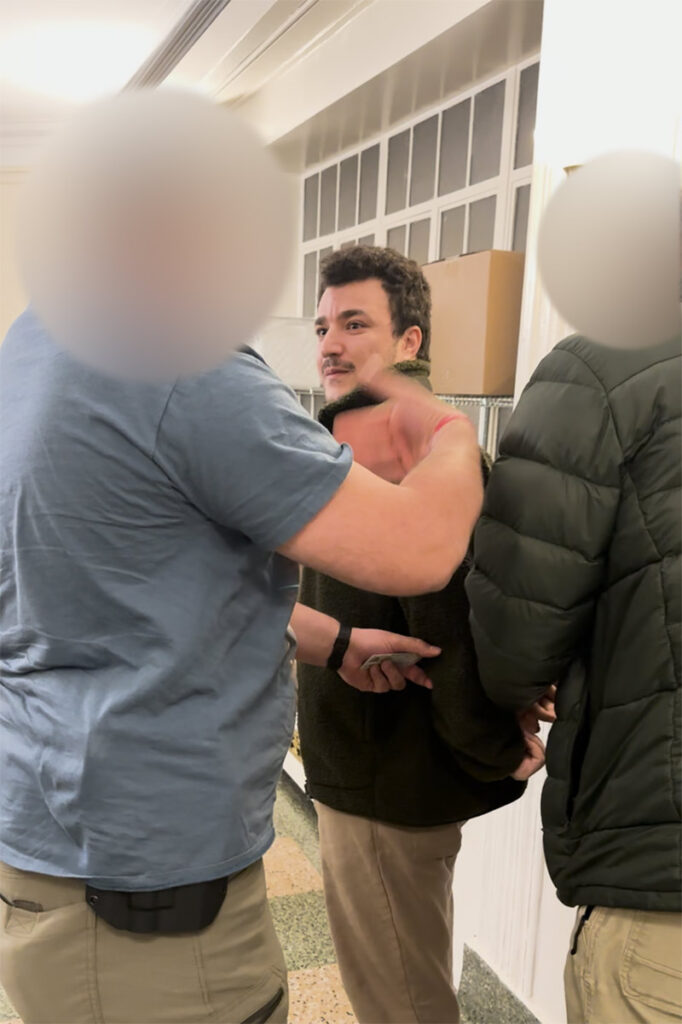
The incident sparked an immediate backlash. Civil liberties organizations, immigration lawyers, and student activists quickly mobilized, rallying around a unified demand: Release Mahmoud Khalil. What followed was a rare bipartisan rebuke of government overreach into constitutionally protected free speech.
A Legal Battle Over the Soul of Democracy
Khalil’s case has become a landmark test of how far the government can go in policing dissent. Though no charges were filed, federal prosecutors argued that his political advocacy—particularly in support of Palestinian rights—posed a threat to U.S. foreign policy interests.

In June, U.S. District Judge Michael Farbiarz issued a preliminary injunction, stating that the government could not deport or detain Khalil on those grounds. “The notion that speech alone—no matter how controversial—could be a basis for expulsion,” the judge wrote, “runs contrary to the bedrock principles of the First Amendment.”

Still, as Khalil’s legal team fights to secure his permanent release and retain his green card status, the cry Free Mahmoud Khalil continues to reverberate through campuses and communities across the nation.
The Human Cost of Silencing Dissent
What has galvanized so many around this case is not just its legal implications, but the deep emotional toll it has taken. Mahmoud Khalil missed the birth of his daughter. In letters smuggled out of detention, he described harsh conditions, lack of medical care, and the gnawing fear of indefinite deportation.




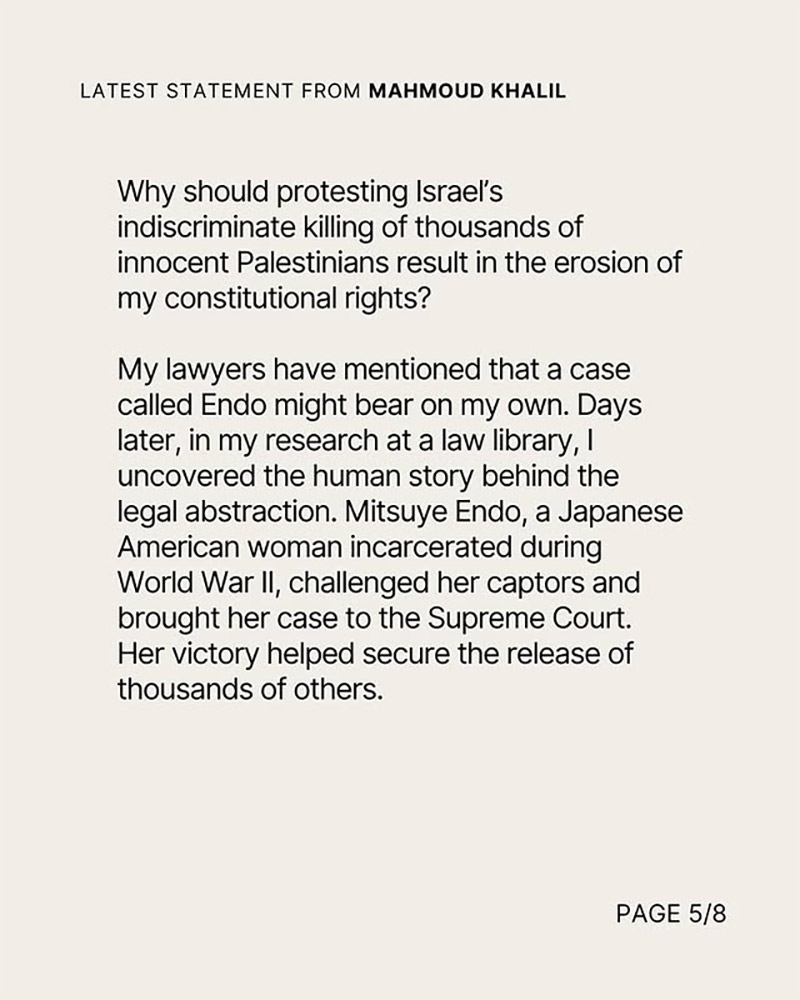
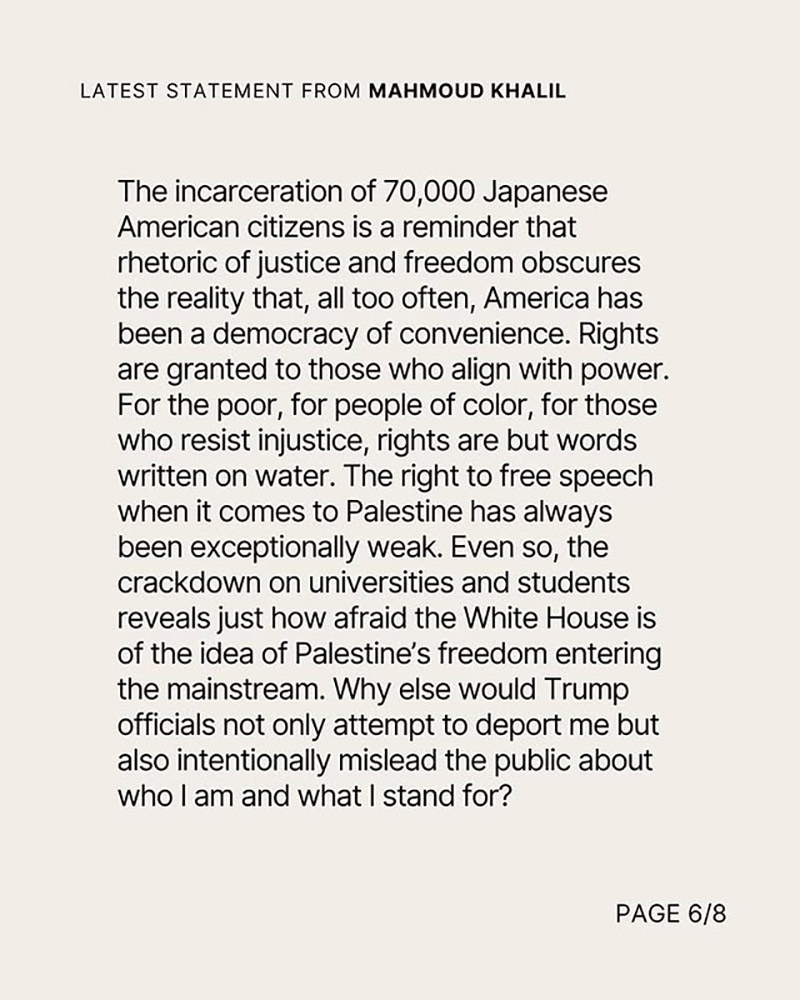
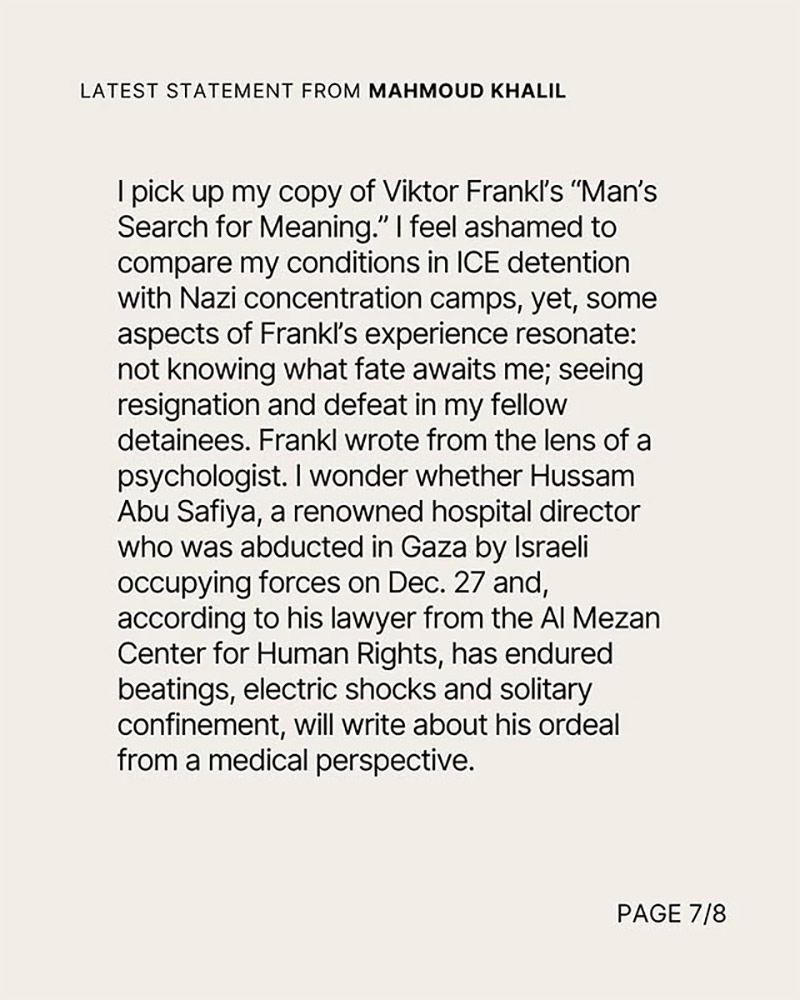
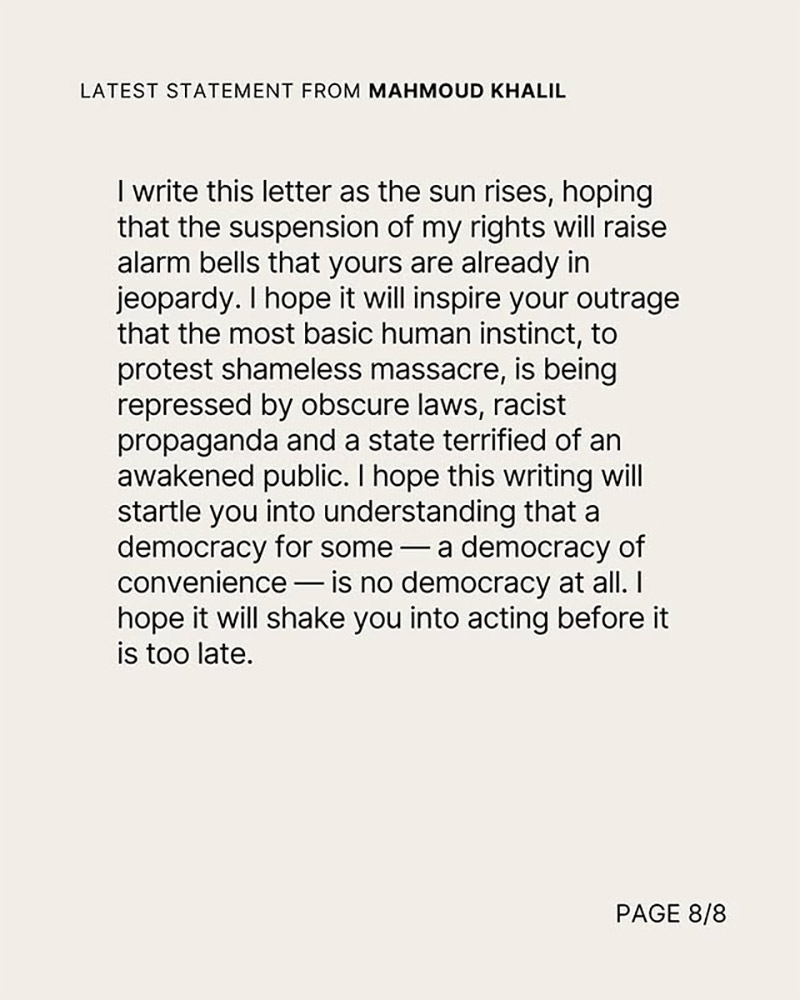
He wrote: “I came to America seeking education and peace. But here, I am caged not for what I’ve done, but for what I believe. Is that not the very tyranny I fled?”
The heartbreak, dignity, and eloquence in his words have only intensified calls to Free Mahmoud Khalil—a plea not just for one man’s freedom, but for the safeguarding of civil discourse in a free society.
From a Name to a Movement
Campus protests from Berkeley to Boston have adopted Khalil’s image and message. “We are all Mahmoud Khalil” has become a rallying chant, linking his plight to broader issues of surveillance, Islamophobia, and suppression of pro-Palestinian voices.
Student leaders describe Khalil as a mentor, a peaceful strategist, and a bridge between movements. “He never shouted,” one organizer said. “He listened. He negotiated. And for that, they silenced him. But we won’t be silent.”
Free Mahmoud Khalil is now more than a slogan; it is a movement for academic freedom, immigrant rights, and the courage to dissent without fear of retribution.
The Political Tensions Beneath the Surface
The case also exposes the widening fissures in American politics. Critics argue that Khalil’s detention was politically motivated—an attempt to chill pro-Palestinian advocacy at a time when global scrutiny of Israel’s actions has intensified.

Supporters of the government’s position maintain that national security must come first, even if that means controversial decisions. But for many legal scholars and rights organizations, the implications are chilling. If speech alone can be criminalized, where does the line end?
As pressure mounts from advocacy groups and members of Congress, the Biden administration faces a stark choice: affirm the Constitution’s promise or erode it in the name of expediency.
Looking Ahead: What Freedom Demands
As of this writing, Mahmoud Khalil remains under judicial protection from deportation. His legal fate is uncertain, but the moral clarity surrounding his case continues to sharpen. Free Mahmoud Khalil is now etched into the narrative of 2025—a year defined by student uprising, global reckoning, and renewed questions about who gets to speak freely in America.
The path forward is uncertain. But what remains undeniable is this: the arrest of one scholar has sparked a national conversation that may very well redefine the boundaries of American democracy.
Conclusion: A Call Beyond the Courtroom
In the final analysis, this is not merely a case about immigration, protest, or Palestine. It is a story about what kind of nation America dares to be.
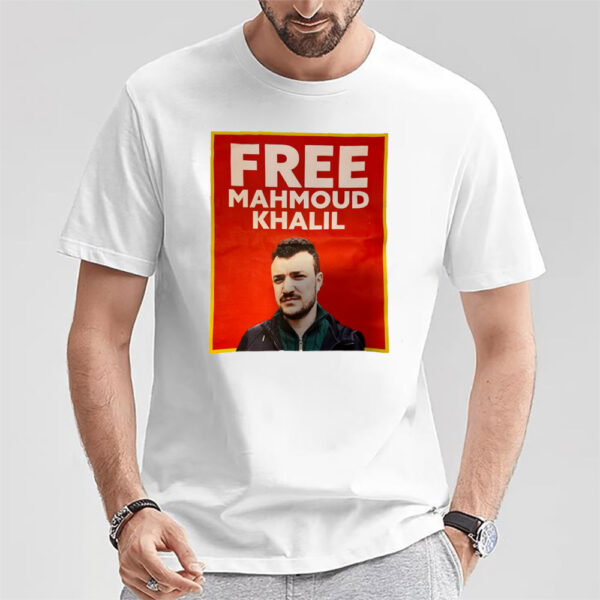
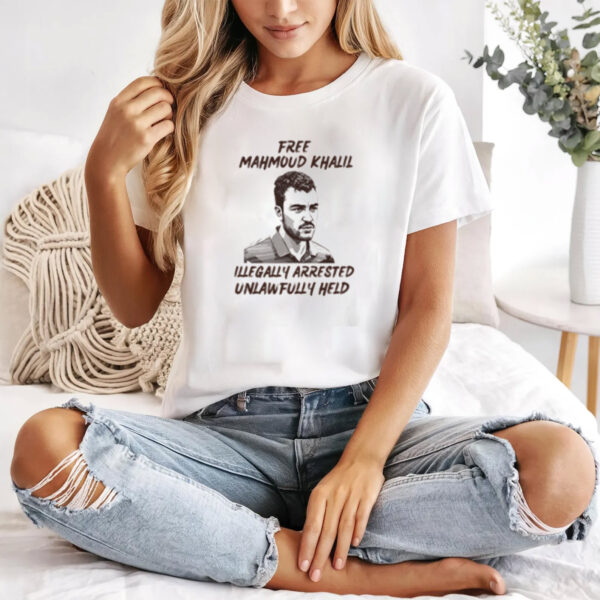
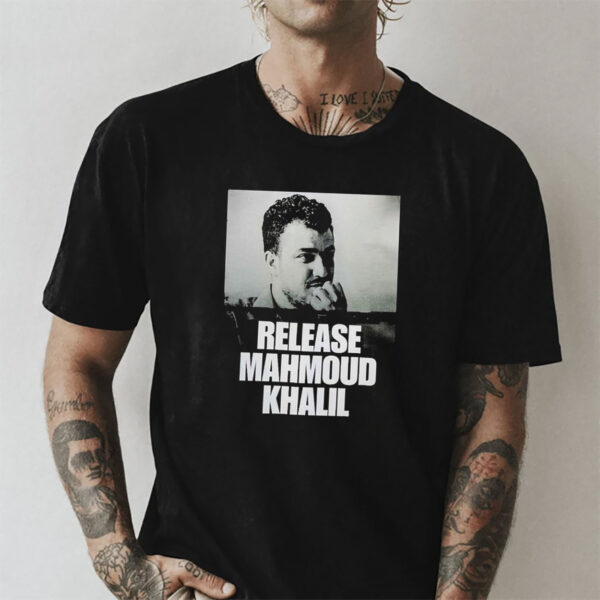
Free Mahmoud Khalil—these three words are now a measure of our collective conscience.



